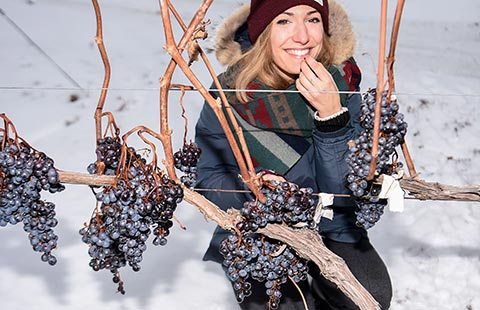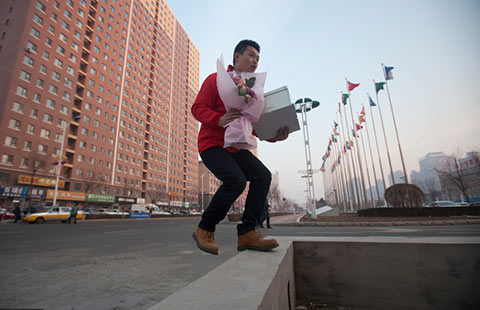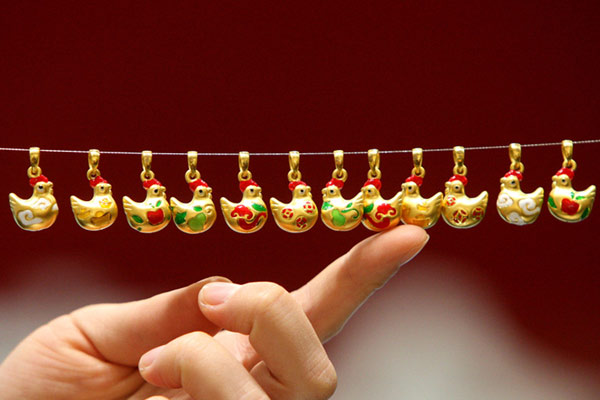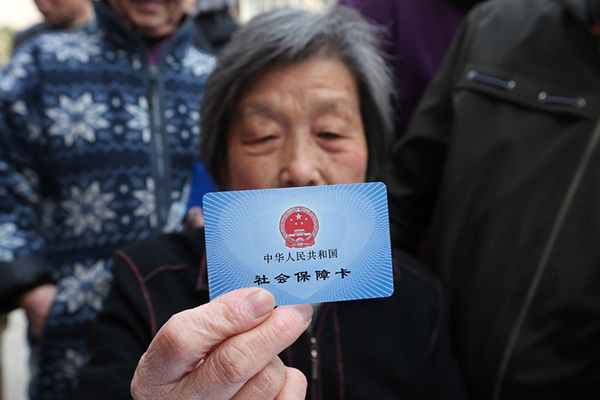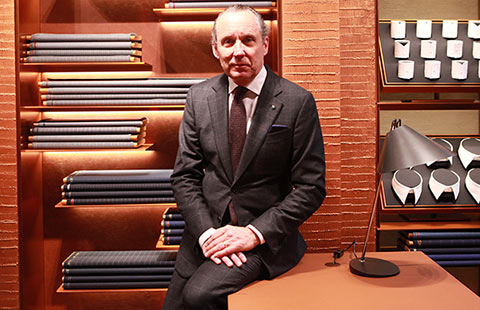Glass half full for imported liquor
Sales of imported liquor have witnessed continuous growth in China despite gloomy reports from high-end Chinese baijiu producers hit by the central government's frugality campaign and a military ban on luxury dinners.
Insiders said the growth has been mainly stimulated by individual consumption in pubs and at home.
Chinese consumers interest in high-end foreign liquor, such as branded whiskey, cognac and vodka, is also increasing, and they expect growth momentum to be maintained.
However, the anti-corruption policies may delay foreign companies' plans to merge with or acquire baijiu brands in China.
According to an interim report released by UK-based Diageo Plc, net sales on the Chinese mainland rose 13 percent year-on-year by the end of last year, and sales of its luxury Scotch whisky brands surged 59 percent.
The company expects further robust growth, with Joseph Tcheng, managing director of Diageo Greater China, saying earlier Diageo's high-end liquor sales in China is set to continue to grow by 50 percent or more annually over the next three to five years.
French distilled beverage company Pernod Ricard's fiscal report also said its sales growth in China reached 18 percent during the second half of last year, compared with a global performance of a 6 percent increase.
Martell, Absolute Vodka and Jacob's Creek were its major growth engines on the Chinese mainland. China are the company's fast-growing market and is expected to see sustained growth over the next decade.
China's new leadership has sent a series of signals and issued regulations aimed at reducing extravagance and curbing corruption. The move has resulted in falling sales of Moutai and Wuliangye, the most famous of the local fiery-grained spirit brands owned by Kweichow Moutai Co Ltd and Wuliangye Yibin Co Ltd.
"The frugality campaign has not impacted and will not harm Diageo's business in China," said a drinks analyst who is familiar with the British company.
Gao Li, a beverage analyst with Hua Chuang Securities Co Ltd, said the market share of imported high-end spirits in China is still very small, about 2 percent of China's alcoholic beverage market — valued at more than 500 million yuan ($80 million) last year.
"Chinese consumers' demands are diversified and they, especially the young and middle-aged, are curious to taste new things, so I believe the growth is natural," he said.
"However, I am afraid that foreign distillers have to rethink their current (Chinese baijiu brand) merger and acquisition plans in China."
Diageo's Tcheng said during an earlier interview that his company has plans to buy more high-end Chinese spirit brands with long histories and good distribution networks that will fit in well with Diageo's global network.
Diageo controls 53 percent of Chinese baijiu brand Swellfun. The company report said it is the first time it has consolidated the results of Swellfun, which contributed 48 million pounds ($72 million) with an operational profit of 5 million pounds.
Contact the writer at liujie@chinadaily.com.cn






